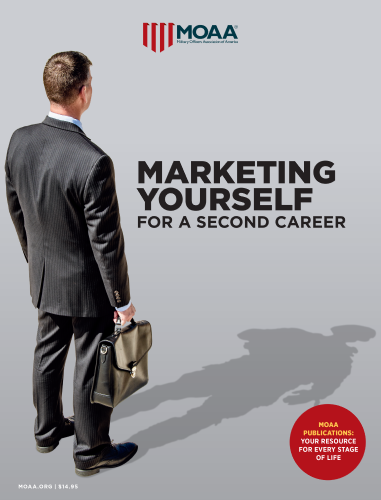Are you considering a brand-new start?
Whether preparing to leave uniform (active duty, Guard, or Reserve) or simply making a career move, there are timeless tips to consider as you set out on a new path.
Here are a few key steps to take to help ensure a more seamless career transition:
1. Plan Your Exit. Assess your and your family’s priorities. What’s important to you? Is it location? Career? Salary? Only you can decide.
2. Do Your Research. Have you decided what you want to do in your next best life? Research jobs, industry, location, benefits, and salary ranges. Focus on areas reflecting your career aspirations, and know what’s important to the potential employers/industries/jobs in those areas.
3. Use Your Network. Relationships matter. Just as familial ties are important to your overall well-being, networking contacts are vital to your professional well-being. Always work to expand and grow your network.
4. Refresh Your LinkedIn Profile. Your social media presence is a critical tool in your transition toolbox. It is often where potential employers look for new talent. Here’s an opportunity to make a great first impression.
- Begin with an attention-grabbing headline (your brand tagline right below your name).
- Make sure your profile resonates with readers.
- Include keywords and skills important to the roles and/or industries you desire.
[RELATED: Is Your LinkedIn Profile Working as Hard as You Are?]
5. Update Your Resume. It’s no secret that a well-written resume is one of the important keys to advancing your career. And while there is no secret sauce or set format, an award-winning, well-written resume can get you noticed by recruiters, hiring managers, and HR professionals, and often lead to that all-important job interview.
- Begin with the all-important summary showcasing why you are the best candidate for the job (And be succinct; aim for five lines or less)
- Ensure you’ve tailored your resume to match the specific position you’re seeking, adding keywords important to the reader/employer.
- Be sure to include the “So What”: Quantifiable achievements, results/outcomes, etc.
- Avoid any sort of graphics. This will help your application materials get through Applicant Tracking Systems.
- Thoroughly proofread for errors. If possible, have someone else look over the materials before sending them. Mistakes can hurt your credibility.
[RELATED: Building a Better Resume: Why One Size Never Fits All]
MOAA Premium and Life members have access to personalized career consultation services as well as other exclusive benefits; learn more about what’s offered at our Transition and Career Center. Premium and Life members also can access our archived transition and career webinars, including this offering on tips to kick off 2022.
Not a Premium or Life member? Check out MOAA.org/join for information on joining MOAA or upgrading your membership.
Download Marketing Yourself for a Second Career
Newly updated! Learn what you can do to prepare yourself for a successful transition from military career to civilian career. This handbook shows you how to create an attention-getting resume, cover letter, and more. Get tips on self-marketing, job search, interviews, and interviewing. (Available to Premium and Life members)


